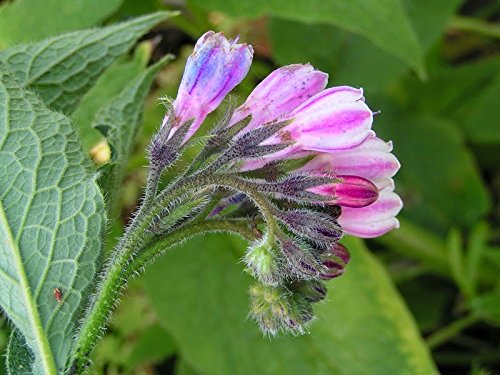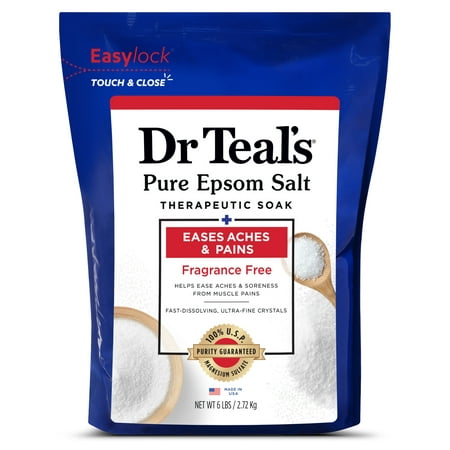How to make your own rose fertilizer – 4 expert-recommended methods
Get a fantastic display of blooms, and save some money, with our guide to the best homemade rose fertilizers
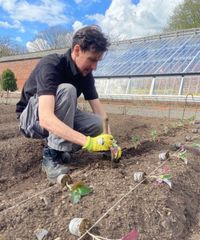
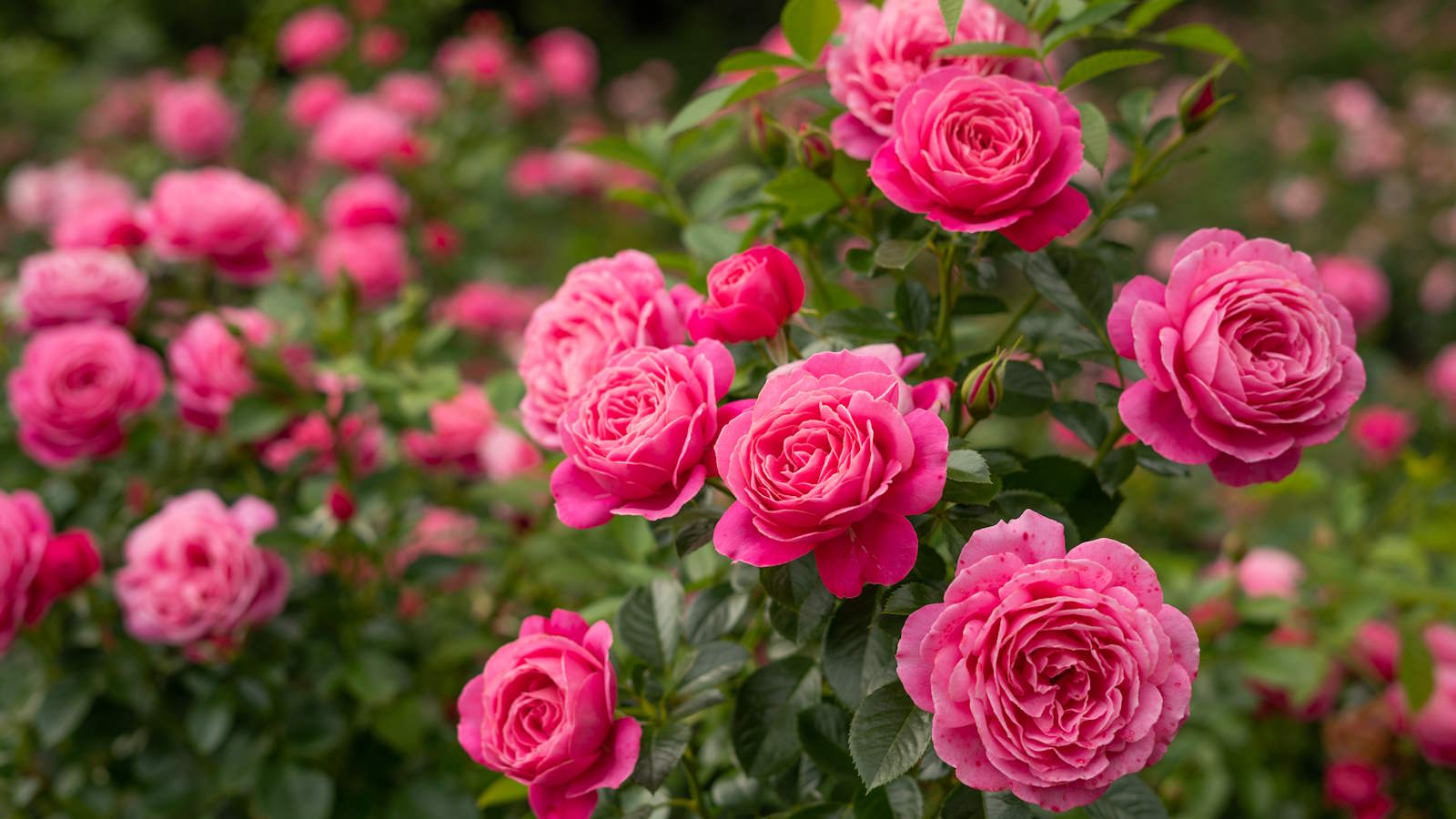
Design expertise in your inbox – from inspiring decorating ideas and beautiful celebrity homes to practical gardening advice and shopping round-ups.
You are now subscribed
Your newsletter sign-up was successful
Want to add more newsletters?

Twice a week
Homes&Gardens
The ultimate interior design resource from the world's leading experts - discover inspiring decorating ideas, color scheming know-how, garden inspiration and shopping expertise.

Once a week
In The Loop from Next In Design
Members of the Next in Design Circle will receive In the Loop, our weekly email filled with trade news, names to know and spotlight moments. Together we’re building a brighter design future.

Twice a week
Cucina
Whether you’re passionate about hosting exquisite dinners, experimenting with culinary trends, or perfecting your kitchen's design with timeless elegance and innovative functionality, this newsletter is here to inspire
Roses are much-adored plants grown for beautiful and often fragrant blooms that capture the imagination of romantics worldwide. There are thousands of different varieties and types to grow; it is safe to say there is a rose suited to any size or style of garden.
If you grow and care for roses, they can be high-maintenance plants and require a lot of care and attention. That includes fertilizing roses in spring and the summer to achieve that long display of beautiful blooms.
Garden center shelves are stocked with different rose feeds at this time of year, however, if you fancy trying something different, you can make your own rose fertilizer from kitchen waste, other garden plants, or even common household items.
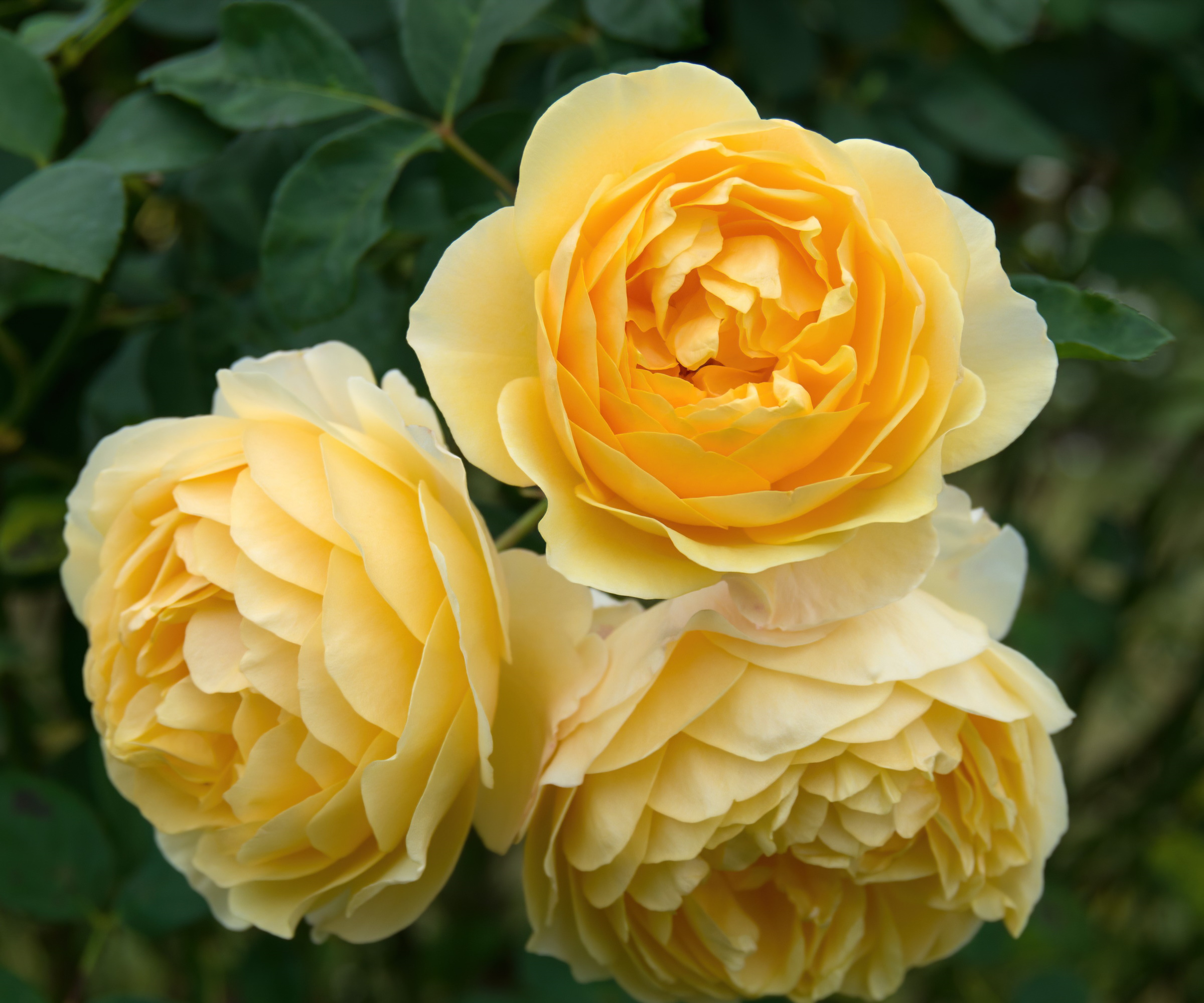
Homemade rose fertilizers help provide a bounty of blooms
4 ways to make your own rose food
Making a homemade plant fertilizer for any rose variety in your backyard is a simple process. Here are four methods as recommended by gardening experts.
1. Make homemade compost
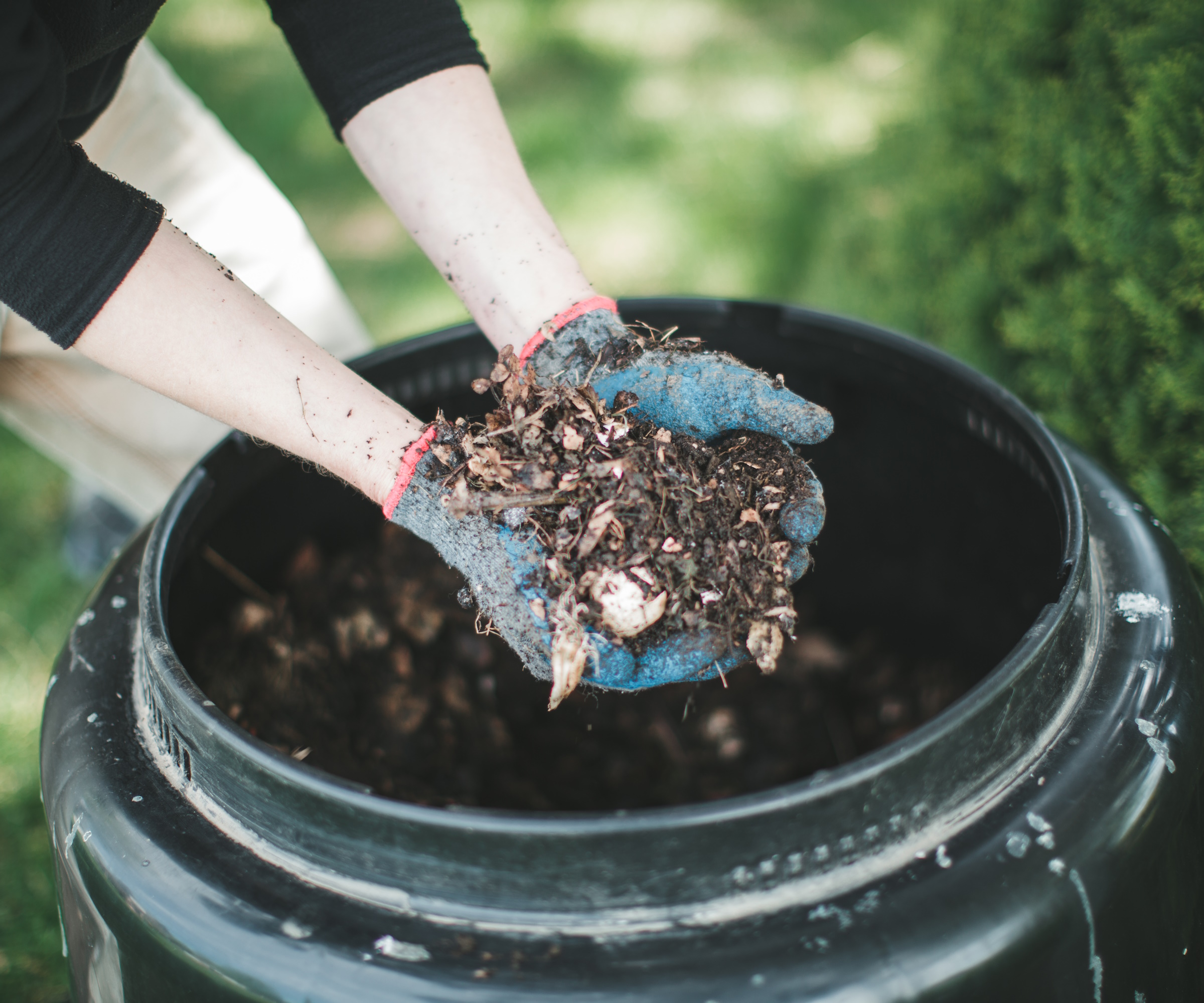
Compost is a nutrient-rich homemade rose fertilizer
Making compost is easy, you can turn food scraps, plant waste, lawn clippings, leaves, and more into nutrient-rich food for your plants. Homemade compost can be used as a mulch, whether your plants are in flower beds or you are growing roses in pots.
The experts at David Austin Roses say that mulching roses with compost helps to retain moisture in the soil and ‘provide valuable nutrients for your roses as they grow’. This task should be done after you give your roses their annual spring feed.
‘Compost contains lots of nutrients, including the important three of nitrogen, phosphorus and potassium, and releases them slowly to plants as it enriches the soil,’ says Rachel Bull, head of gardens at Homes & Gardens.
Design expertise in your inbox – from inspiring decorating ideas and beautiful celebrity homes to practical gardening advice and shopping round-ups.
‘You can easily build a compost pile in your yard, purchase bins in different shapes and sizes, or even use a hot compost bin to make your homemade compost faster than the traditional methods’.
Homemade compost should be incorporated into the soil when you plant roses to improve its structure, fertility, and moisture-holding capacity. The compost will break down slowly and release nutrients to enrich the soil and feed your roses.

Rachel is a gardening writer, flower grower and floral designer. Her journalism career began on Country Living magazine, sparking a love of container gardening and wild planting. After more than a decade writing for and editing a range of consumer, business and special interest titles, Rachel became editor of floral art magazine The Flower Arranger. She then trained and worked as a floral designer and stylist in London for six years, before joining the Homes & Gardens team.
2. Brew tea from plants
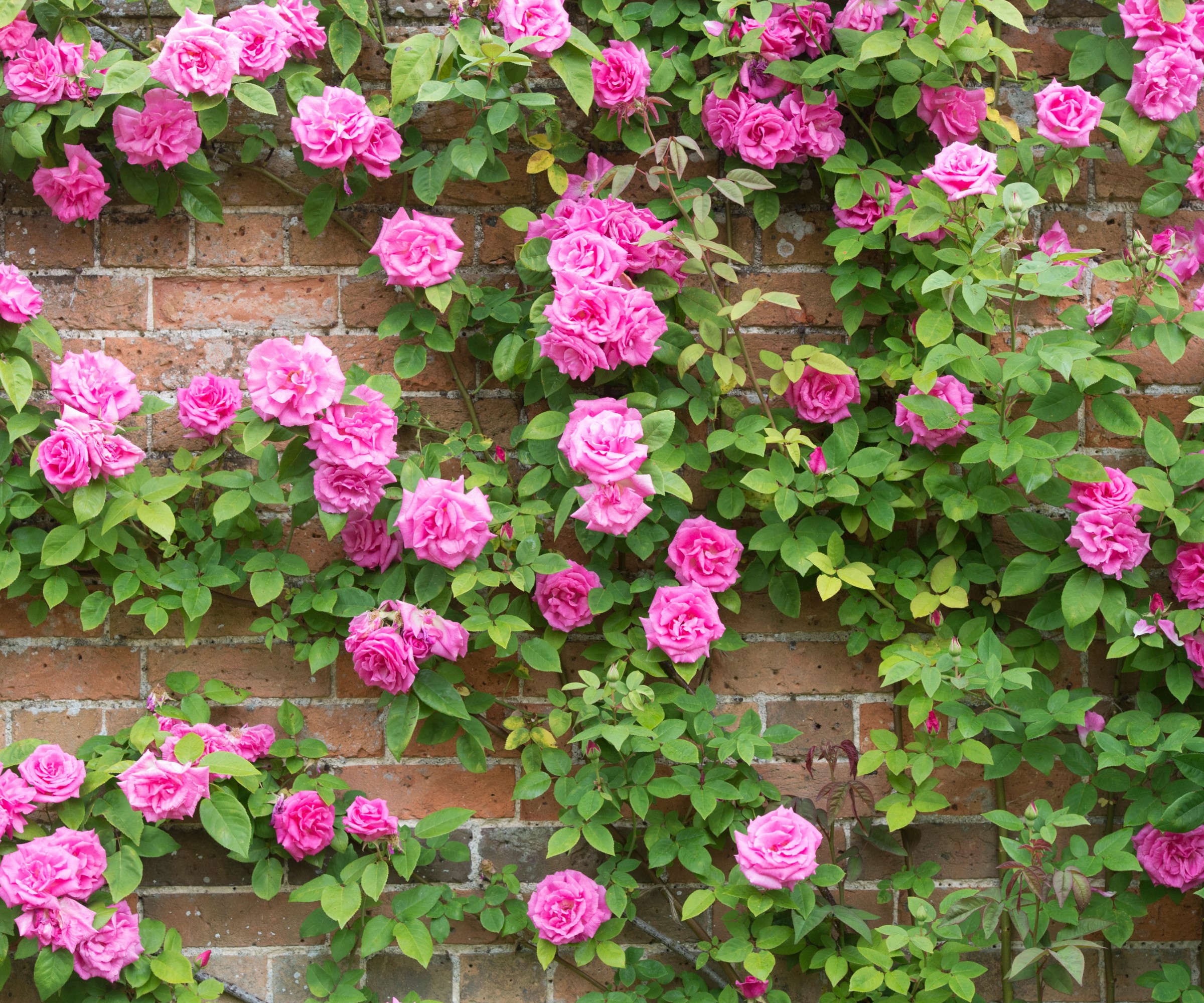
Make your own rose fertilizer from plants for an organic way to feed your garden
You can make an excellent rose fertilizer from comfrey or nettles, both plants rich in nutrients. These can be effortlessly turned into nutrient-rich teas that make great plant fertilizers.
Nettles are particularly high in nitrogen, as well as other minerals. and making a plant fertilizer from this common weed will encourage the growth of healthy stems and leaves on leafy plants.
Comfrey is hugely beneficial as this perennial plant contains high levels of nitrogen, phosphorus and potassium, as well as other important nutrients, that are all important for healthy roses and can keep them blooming all summer long.
Samuel Davis, an experienced horticulturist, explains how to make this rich liquid tea for your roses. He says: ‘It simply involves filling a container with leaves, adding water, and letting it settle for some weeks.
‘Then, dilute the obtained liquid in the ratio of 1 part tea to 10 parts water, and use it for watering your rose plants.’
Wear gloves when handling nettles or comfrey to avoid stinging or agitating your skin. Never add the resulting tea undiluted either, as this could overfertilize plants or cause a nutrient imbalance that can cause rose leaves to turn yellow.
3. Use common kitchen scraps
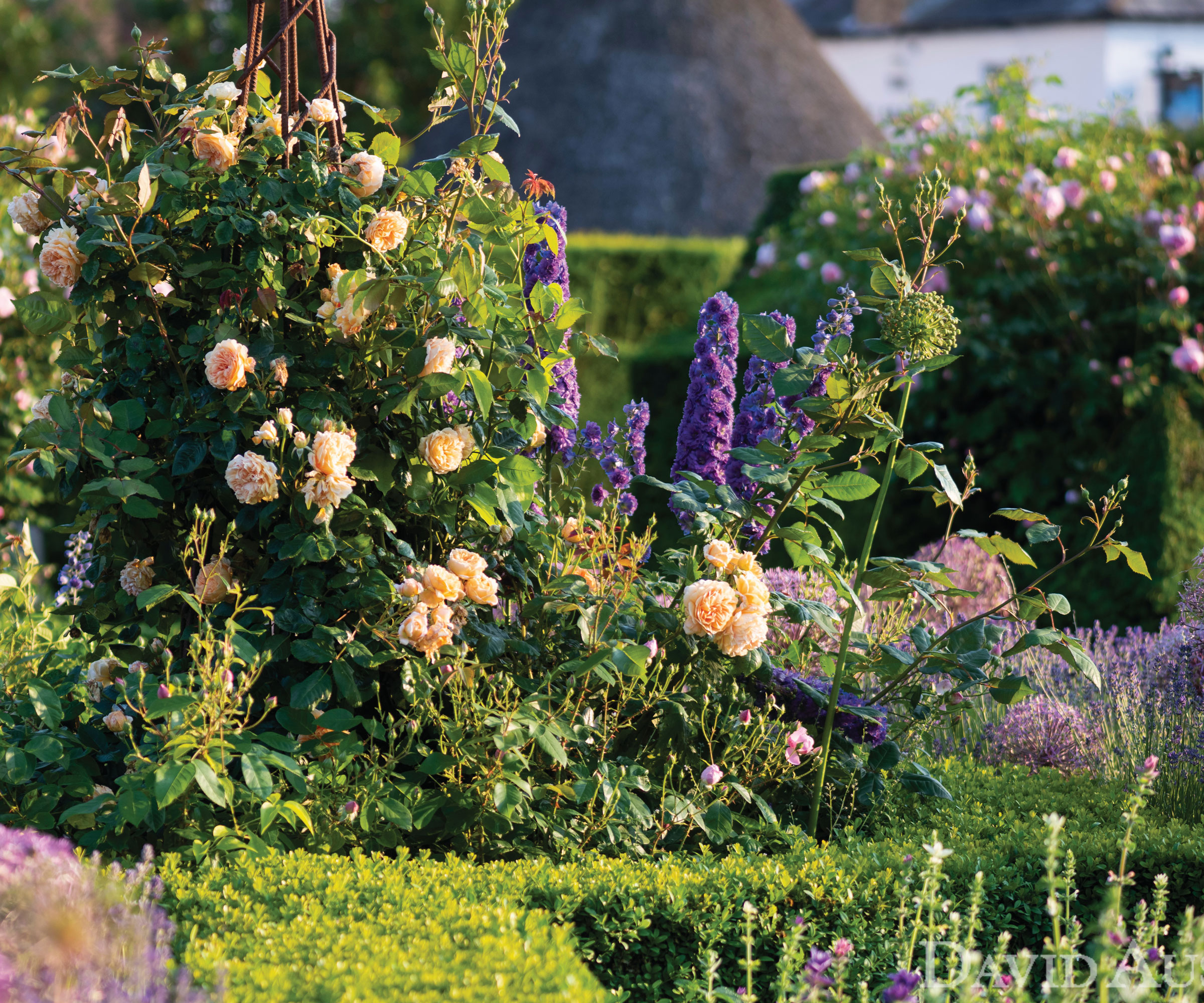
Make your own rose food to boost shrubs in beds and borders
Why not use your kitchen waste in the garden? Some common kitchen scraps can be hugely beneficial as rose fertilizers, including banana peels, eggshells, and coffee grounds.
- Banana peels make a good fertilizer as they are high in potassium, which can mean healthier and bigger blooms on your roses
- Eggshells help plants as they provide calcium and this strengthens the cell walls of your rose plants
- Coffee grounds are also good for plants as they can provide nitrogen that will help grow leaves and stems
Each of these three can be used separately. Banana peels can be chopped up and buried, eggshells crushed and spread, or coffee grounds sprinkled around the base of your roses.
They will all offer something separately, however, Tony O'Neill, gardening expert and author, advocates for making a rose fertilizer by combining all three into one feed. He says: ‘To make this fertilizer, chop up banana peels and eggshells, mix them with used coffee grounds, and spread the mixture around the base of your rose bushes.
‘In my garden, I’ve found that using a combination of banana peels and coffee grounds has made a noticeable difference in the health and vibrancy of my roses.’
All three kitchen waste items can be added to your compost pile - along with other fruit and vegetable scraps - to break down and boost the resulting nutrient levels within.
4. Mix Epsom salts with water
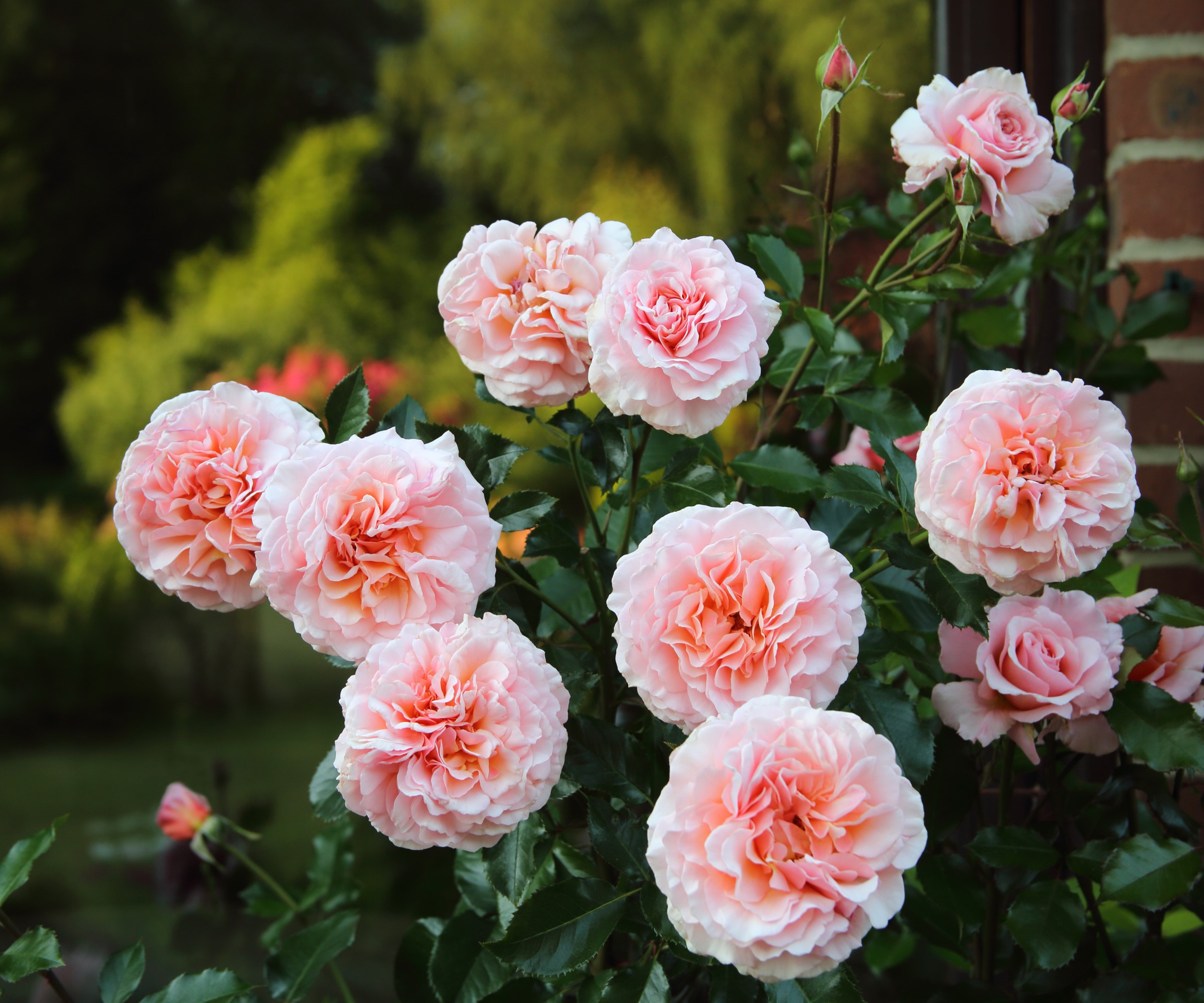
You can use your own rose fertilizer once plants are blooming
You might have a potential rose feed currently in your bathroom cabinet, as did you know that you can fertilize with Epsom salts?
The popular bath time accompaniment to soothe aches and pains can be beneficial as it is high in magnesium. That nutrient aids with photosynthesis and can help keep roses healthy and blooming profusely.
‘Once a month, mix up 1 tablespoon of Epsom salts with 1-gallon water and use this to water your plants,’ says Andrew Carberry, food systems expert at the Wallace Center. ‘You can use a tablespoon of salt for each foot the rose bush is tall, mixing in a gallon of water and using twice a year - once the leaves appear and right after the first series of blooms.’
This liquid feed will help your roses produce large and healthy blooms. Deadhead your roses regularly and you will be rewarded with a long and stunning display of flowers.

Andrew Carberry is a Food Systems Expert and the Senior Program Associate at the Wallace Center at Winrock International in Little Rock, Arkansas. He has worked in food systems since 2008 and has experience working on farm-to-school projects, food safety programs, and working with local and state coalitions in Arkansas.
FAQs
What natural food is good for roses?
Compost and manure are great natural feeds for roses, just make sure that the manure is aged and well-rotted rather than being added fresh. Fish emulsion and bone meal are also very beneficial options. The former is made by blending fish scraps with water - which needs to be diluted before being added to roses - and a bone meal fertilizer can be made by grinding dried animal bones into a fine powder. Alternatively, you can buy bone meal from Burpee or other retailers.
Neglecting your plants is a rose-growing mistake that robs you of blooms and leads to unhappy plants. Remember to enrich the soil and feed plants regularly throughout the growing season, however, do not fertilize roses in late summer.
Roses want to be preparing for winter at this stage of their cycle. Feeding late in the season is a fertilizing mistake. It encourages the growth of new shoots that are damaged by frosts.

Drew has worked as a writer since 2008 and was also a professional gardener for many years. As a trained horticulturist, he worked in prestigious historic gardens, including Hanbury Hall and the world-famous Hidcote Manor Garden. He also spent time as a specialist kitchen gardener at Soho Farmhouse and Netherby Hall, where he grew vegetables, fruit, herbs, and cut flowers for restaurants. Drew has written for numerous print and online publications and is an allotment holder and garden blogger. He is shortlisted for the Digital Gardening Writer of the Year at the 2025 Garden Media Guild Awards.
